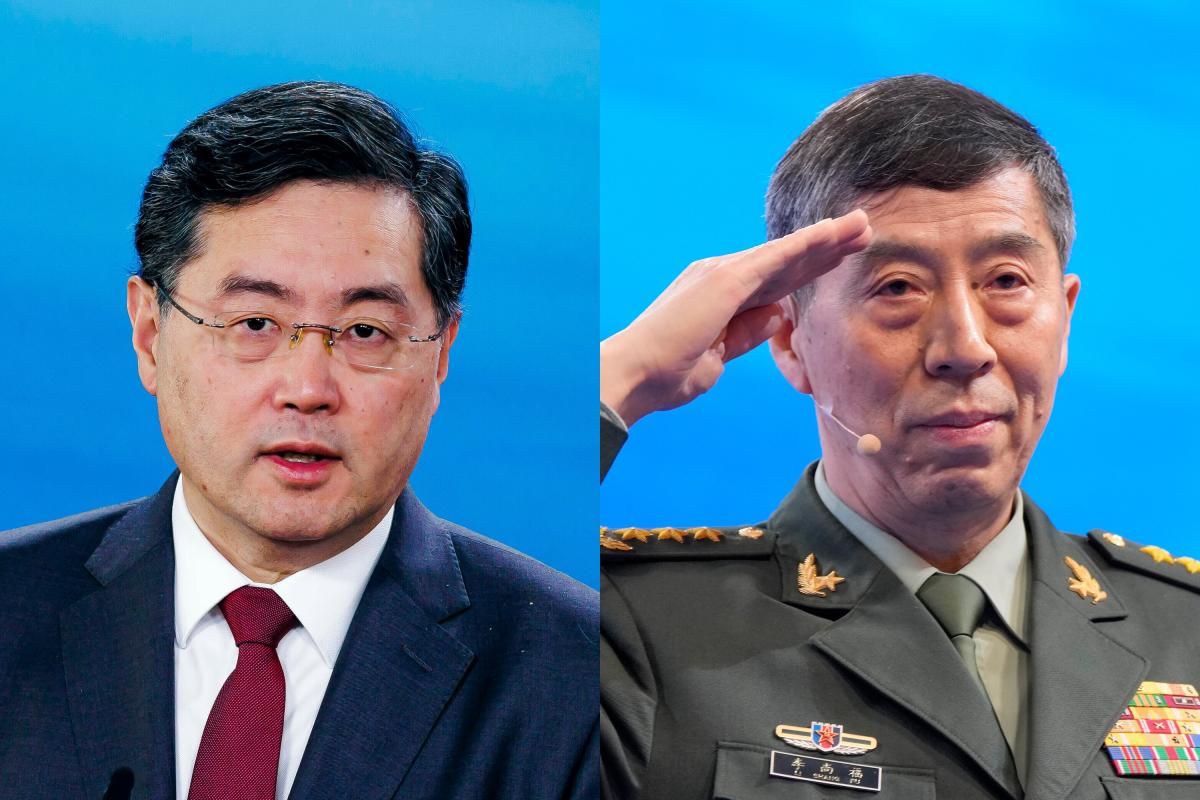China's economy is struggling and facing a lurching from one economic challenge to the next due to failures in economic policy and the centralization of power under President Xi Jinping, which is causing bad decision-making and a decline in living standards.
China's economic slowdown, coupled with a property market bust and local government debt crisis, is posing challenges to President Xi Jinping's goals of achieving economic growth and curbing inequality, potentially affecting the Communist Party's legitimacy and Xi's grip on power.
China's economy is experiencing a structural slowdown and becoming increasingly opaque, making it difficult for outsiders to understand the true state of the country's economic affairs, as President Xi Jinping prioritizes ideology over economic growth and transparency.
China's failure to restructure its economy according to President Xi Jinping's bold reform plans has raised concerns about the country's future, with the possibility of a financial or economic crisis looming and a slow drift towards stagnation being the most likely outcome. The three potential paths for China include a swift, painful crisis; a gradual winding down of excesses at the expense of growth; or a switch to a consumer-led model with structural reforms that bring short-term pain but lead to a faster and stronger emergence.
China's economic challenges, including debt, unfavorable demographics, and a stagnating growth rate, have implications for global trade and the ambitions of President Xi Jinping, potentially leading to unforeseen consequences and strategic shifts.
China's Defense Minister Li Shangfu, a key figure in China's military modernization, has disappeared under a corruption probe after rising to prominence under President Xi Jinping's pursuit of military power, further complicating China's relations with the United States.
The disappearance of China's defense minister, Li Shangfu, and other political upheavals are causing uncertainty about President Xi Jinping's rule and could impact other countries' confidence in China's leadership.
Chinese President Xi Jinping faces numerous challenges, including economic troubles, natural disasters, community dissent, and international conflicts, as he continues to centralize power, leading to signs of dissatisfaction and potential issues ahead.
China's government has been less transparent and tolerant of bad economic news, leading to concerns about the country's economic stability and potential risks for investors.
China's President Xi Jinping faces criticism as China shifts away from its previous economic success and becomes a "pariah state," with some scholars suggesting he is dealing with structural problems inherited from previous leaders that now threaten the Chinese Communist Party.
China's President Xi Jinping emphasizes the need for reform and opening up the economy as foreign investors consider leaving, calling for a greater opening up of free-trade zones and a focus on playing by international trade rules. Despite these efforts, China's foreign direct investment has fallen and US businesses remain skeptical due to regulatory uncertainties and geopolitical risks.
